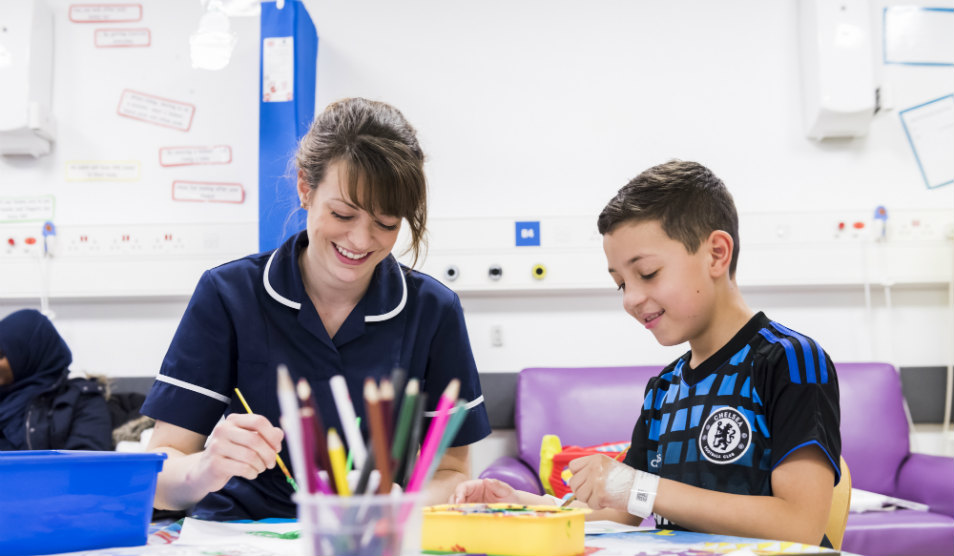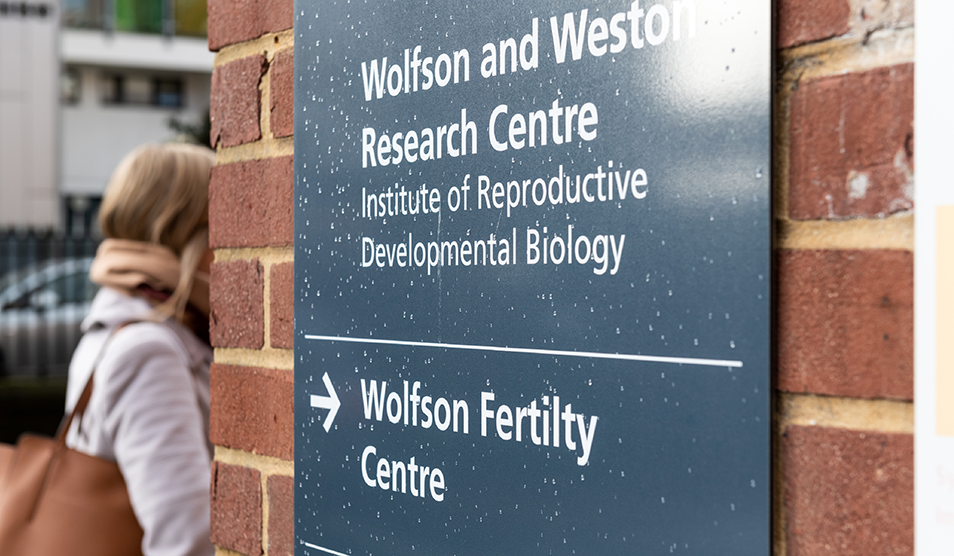Clinical trial investigates use of convalescent blood plasma to treat COVID-19 patients
A consultant from Imperial College Healthcare NHS Trust is leading a clinical trial in which some patients at the Trust with COVID-19 are given blood plasma from people who have recovered from coronavirus. The trial is investigating whether the plasma from recovered patients can help those who are unwell with COVID-19 to better fight the infection.
Professor Anthony Gordon, consultant in intensive care medicine at Imperial College Healthcare NHS Trust and chair in anaesthesia and critical care at Imperial College London is leading the trial at the Trust to investigate whether convalescent plasma transfusions improve the speed of recovery and chances of survival for patients with COVID-19. He was speaking about the trial at the Imperial College Academic Health Science Centre (AHSC) COVID-19 online seminar series, which took place earlier this month.
The talk can be watched online here.
Convalescent plasma is the antibody-rich plasma of someone who has recovered from a virus. The plasma contains antibodies which the body produces to fight infection. The idea is that this can then be transfused into infected patients whose immune systems are struggling to fight the infection.
There is some limited evidence that patients might benefit from the use of convalescent plasma, and the clinical trials are needed to confirm whether such transfusions are safe and effective.
Patients in more than 50 hospitals in the UK, including Imperial College Healthcare NHS Trust, have received the treatment as part of the REMAP-CAP trial. As well as analysing convalescent plasma treatment, the trial will also assess other treatments such as antiviral and anti-inflammatory drugs, anti-coagulants and high doses of vitamin C for patients who have severe pneumonia as a result of COVID-19.



